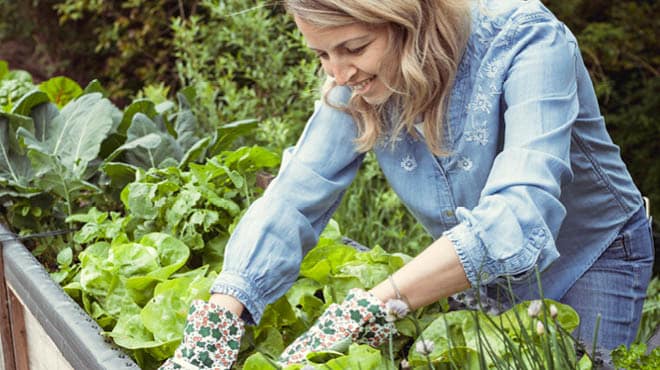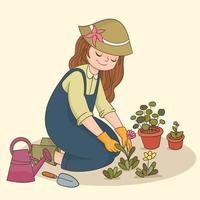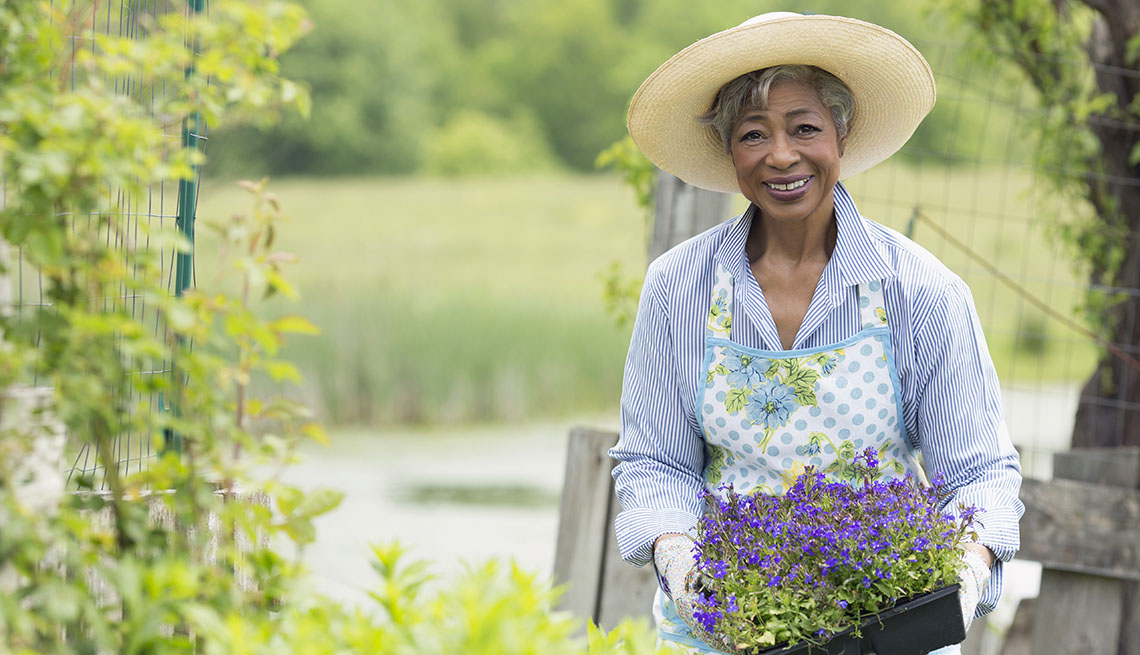Growing Green Thumbs: a Beginner's Journey Into the World of Gardening
Are you excited to obtain your hands dirty and begin expanding your own garden? Look no more! In this short article, we'll take you on a novice's journey right into the world of horticulture. You'll find out concerning choosing the right plants, understanding soil and compost, and important horticulture tools. We'll additionally show you watering and feeding techniques and how to take care of typical garden bugs. Prepare to grow your eco-friendly thumb and enjoy your yard thrive!
Selecting the Right Plant Kingdoms
1. First, you require to assess your horticulture room and establish the number of plants that will fit comfortably. This step is essential because overcrowding can lead to stunted growth and condition. Action the measurements of your yard beds or pots and compute the readily available space. Think about the mature dimension of the plants you intend to expand. Some herbs and vegetables need even more room than others, so it's essential to do your study.
Once you have a clear concept of your gardening area, it's time to choose the best plants. Consider what you delight in eating or what blossoms you locate most appealing. Consider the environment and sunshine conditions in your area. Specific plants thrive in complete sunlight, while others choose partial shade. Make note of any type of microclimates in your yard, such as areas that receive basically sunlight than the rest. This will help you choose plants that are matched to your certain problems.
It's additionally necessary to consider your level of horticulture experience. Decide for plants that are very easy to expand and require minimal maintenance if you're new to horticulture. Herbs like basil, rosemary, and mint are best and forgiving for newbies. Furthermore, take into consideration the length of your growing period. If you live in an area with a much shorter expanding season., pick plants that have a much shorter maturity duration.
Understanding Dirt and Garden Compost
Soil is the foundation of your yard, providing nutrients, water retention, and support for your plants. It is vital to have a great understanding of your soil kind, whether it is sandy, clayey, or loamy, as this will certainly identify the kinds of plants that will certainly prosper in your yard. Bear in mind, a fertile and healthy dirt is the essential to an effective yard, so take the time to recognize your soil and include compost to guarantee your plants grow.

Essential Horticulture Tools
Currently that you understand the relevance of dirt and garden compost, allow's explore the important horticulture tools you'll require to grow your environment-friendly sanctuary. Among the many standard devices you'll require is a garden trowel. This small portable device is perfect for excavating little openings, transplanting seedlings, and scooping dirt. An additional essential tool is a yard fork. This tough tool is utilized for loosening up soil, separating clumps, and transforming garden compost. A good pair of gardening handwear covers is a must-have to shield your hands from thorns, prickly plants, and dirt. Look for gloves that are long lasting, breathable, and provide an excellent gardening kit for beginners grasp. A garden hose or watering can is essential for keeping your plants moisturized. Choose a tube with a spray nozzle that permits you to adjust the water flow and stress. A sturdy set of trimming shears or secateurs is crucial for cutting and forming your plants. Search for shears with a sharp blade and comfortable manages. Finally, a yard rake works for leveling soil, eliminating debris, and spreading compost. With these crucial devices in your gardening toolbox, you'll be fully equipped to create and keep your environment-friendly oasis.
Watering and Feeding Techniques

Managing Common Garden Vermin
As a novice gardener, you may encounter typical yard bugs that can damage your plants. These pests can vary from insects like caterpillars, beetles, and aphids, to little pets like rabbits and squirrels. It is very important to be able to recognize and deal with these insects successfully in order to safeguard your plants and guarantee a successful yard.
One of the primary steps in handling yard bugs is to regularly evaluate your plants for any indications of infestation. Look for chewed fallen leaves, holes in the foliage, or the presence of tiny bugs. It's essential to take activity promptly to stop them from spreading and creating additional damage. if you spot any kind of parasites.
There are a number of approaches you can utilize to regulate garden pests. One option is to utilize all-natural killers, such as ladybugs or hoping mantises, to help manage the populace of parasites. You can likewise utilize physical barriers, such as fences or netting, to maintain larger pets like bunnies out of your yard. In addition, there are organic bug control sprays available that can help hinder and eliminate typical yard pests.
Bear in mind, prevention is essential when it comes to handling garden parasites. Maintaining your yard tidy and cost-free of debris can assist decrease the probability of a problem. Regularly removing weeds and dead plants can additionally help remove concealing places for parasites.

Conclusion
Congratulations on finishing your beginner's journey right into the world of gardening! By choosing the right plants, understanding soil and compost, utilizing crucial horticulture tools, and grasping watering and feeding strategies, you have actually set on your own up for success. Do not neglect to stay attentive in taking care of common garden bugs to guarantee your plants grow. With your newly found knowledge and eco-friendly thumbs, your yard will certainly grow and bring you unlimited pleasure and elegance (gardening kit for beginners). Pleased horticulture!
Soil is the structure of your garden, offering nutrients, water retention, and support for your plants. It is vital to have an excellent understanding of your soil kind, whether it is sandy, clayey, or fertile, as this will certainly figure out the types of plants that will certainly grow in your garden. Keep in mind, a productive and healthy and balanced soil is the key to a successful garden, so take the time to recognize your soil and incorporate compost to ensure your plants prosper.
As a novice garden enthusiast, you might come across common garden pests that can wreak chaos on your plants. It's vital to be able to determine and deal with these insects properly in order to shield your plants and ensure an effective yard.